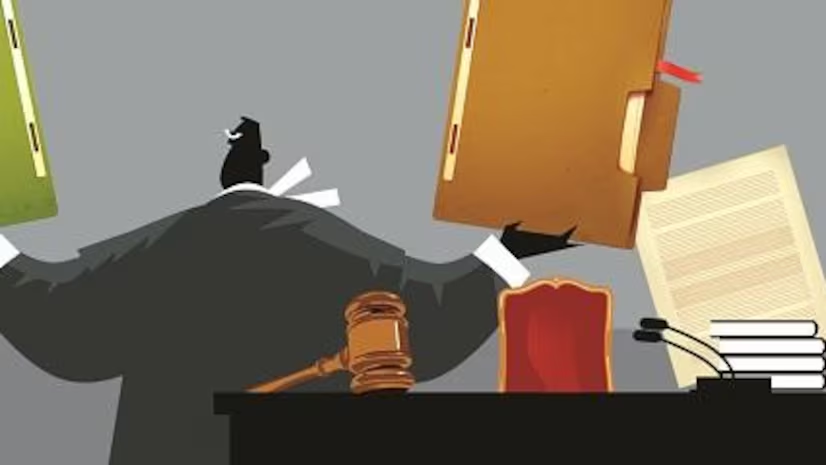Pakistan’s judicial system has been a subject of debate for the past seventy years, with widespread dissatisfaction among the country’s populace. Despite continuous discussions about its flaws by both the Parliament and the Supreme Judiciary, little action has been taken to rectify them.
Recently, on Kay2 TV’s program Ahwal e Rawalpindi Islamabad , public sentiment was evident as people expressed their frustration with the judicial system. Participants highlighted various issues, emphasizing that the system ranks poorly globally, standing at 130th place in terms of efficiency. This inefficiency is starkly apparent in the disparity of treatment: while the poor wait for years for their cases to be heard, the elite seem to have expedited access, sometimes even having court sessions convened late at night.
One participant lamented that justice in Pakistan appears to favor the wealthy and powerful, leaving the poor confused and disillusioned. Whether in the Supreme Court, Sessions Courts, or High Courts, there is a prevailing sense that justice is not equally accessible to all.
The critique extends to the judiciary’s handling of past decisions, such as the controversial case of Zulfikar Ali Bhutto, where many believe a grave injustice was committed in his trial and subsequent execution. The fact that later assessments acknowledged errors only compounds the public’s mistrust.
Ultimately, the question arises: who bears responsibility for the failings of Pakistan’s judicial system? The ongoing dissatisfaction suggests a pressing need for meaningful reforms to ensure justice truly serves all citizens, regardless of their social standing or influence.
The reasons for the perceived failure of Pakistan’s judicial system are multifaceted and deeply rooted:
- Delays and Backlogs: One of the most significant issues plaguing the judiciary in Pakistan is the extensive delays in the disposal of cases. Cases can linger in courts for years, causing immense frustration and hardship for litigants, particularly the poor who cannot afford prolonged legal battles.
- Lack of Access to Justice: There is a stark contrast in access to justice between different segments of society. The wealthy and powerful often have better access to legal representation and can influence outcomes through their connections, while the poor struggle to navigate a complex and sometimes corrupt system.
- Corruption and Bribery: Corruption remains a pervasive issue within the judiciary, affecting the impartiality and integrity of decisions. Bribery and undue influence can compromise the fairness of trials and judgments, eroding public trust in the judiciary.
- Political Interference: The judiciary in Pakistan has historically faced political pressure and interference. This can influence appointments of judges, administrative decisions within the judiciary, and even the outcomes of high-profile cases, undermining the independence of the judiciary.
- Outdated Laws and Procedures: The legal framework in Pakistan is often criticized for being outdated and not aligned with contemporary societal needs. Complex and archaic laws, coupled with procedural inefficiencies, contribute to the sluggishness of the judicial process.
- Inadequate Infrastructure and Resources: Many courts in Pakistan lack basic infrastructure and resources necessary for efficient functioning. Overburdened courts, inadequate facilities, and insufficient staff exacerbate delays and hinder the delivery of timely justice.
- Judicial Activism vs. Legislative Inaction: There is a debate over the extent of judicial activism in Pakistan, where the judiciary sometimes steps in to address issues that should ideally be tackled by the legislature. While this can lead to positive outcomes in some cases, it also reflects a broader governance issue where legislative bodies may be perceived as ineffective or slow to act.
Addressing these systemic challenges requires comprehensive reforms aimed at enhancing transparency, accountability, and efficiency within Pakistan’s judiciary. It also necessitates strengthening the rule of law and ensuring that justice is accessible to all citizens, regardless of their social or economic status.


